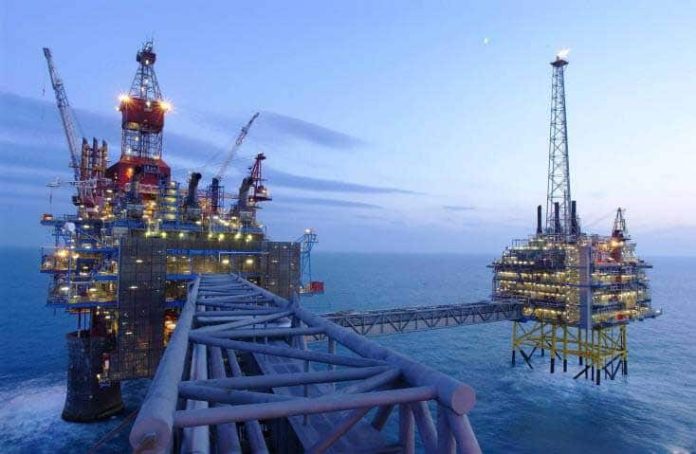The Republic of Cyprus is divided politically and ideologically, which poses problems for its gas exploitation plans, Deutsche Welle reports.
Cyprus is located in the eastern part of the Mediterranean Sea, close to Israel, Syria, Turkey, Lebanon and Egypt.
This island is also very important geopolitically due to its position between Europe and the Middle East. Over the past 15 years, many offshore gas fields have been discovered in Cyprus. A lot of countries hope that with its gas, Cyprus will be able to have a greater impact in the Middle East.
Middle East expert Cosme Ojeda of Spain’s CEU University in San Pablo believes the gas fields could create an opportunity for regional peace and facilitate de-escalation of the conflict between Turkey and Greece over Cyprus.
“The gas fields have the potential to enormously increase the prosperity of everyone involved. This kind of pipeline projects can’t be realised alone and force opponents to work together.”
In the Middle East conflict, Turkey supports Hamas, while Cyprus has sided with Israel. In addition, Elai Rettig, head of the Energy Division at Israel’s Begin-Sadat Centre for Strategic Studies, stated that Germany’s decision to freeze the Nord Stream-2 pipeline project as a result of the war in Ukraine scared investors away.
However, offshore gas deposits in the Middle East could significantly diminish the importance of other gas suppliers, as well as dependencies on countries such as Qatar.
The Israel-Hamas war occurred at a time when the Middle East was on the verge of a historic event, Rettig declared. However, following the Hamas attack on Israel on October 7, those plans were frozen.
“There was a tentative agreement between Israel and the Gaza government to jointly develop, finance and drill the Gaza Marine gas field. The deal could have changed relations between Israel and the Palestinians in very many positive ways, and thereby had a positive impact on the region.”
Cyprus has been divided since 1974. The southern half is a member of the EU, while the Turkish Republic of Northern Cyprus is recognised only by Turkey.
German Chancellor Olaf Scholz, who met with Cypriot President Nikos Christodoulides in May, expressed interest in Cyprus selling gas to the EU in the future.
Since it is easier to export liquefied natural gas (LNG) in the short term than to build a new pipeline, the Cypriot government in Nicosia is keen to build an LNG terminal as soon as possible. However, all negotiations must include Turkey, and Ankara has claimed natural resources off the island’s coast since 1974.
The gas fields are an opportunity for Cyprus to become economically less dependent on Russia, which offered support in the form of loans and investments after the 2013 financial crisis. At the time, Russia was also interested in Cypriot gas, but has since abandoned its plans on drilling.
The drilling was due to start in 2018, according to initial plans by energy group Noble, which US multinational Chevron bought in 2020.
Cyprus-based DEH Quantum Energy is currently working on an undersea power cable to connect the power grids of Greece, Cyprus and Israel. The 2,000-megawatt project, dubbed the EuroAsia Interconnector, will be the world’s longest submarine power cable. Turkey will not participate in the project.
